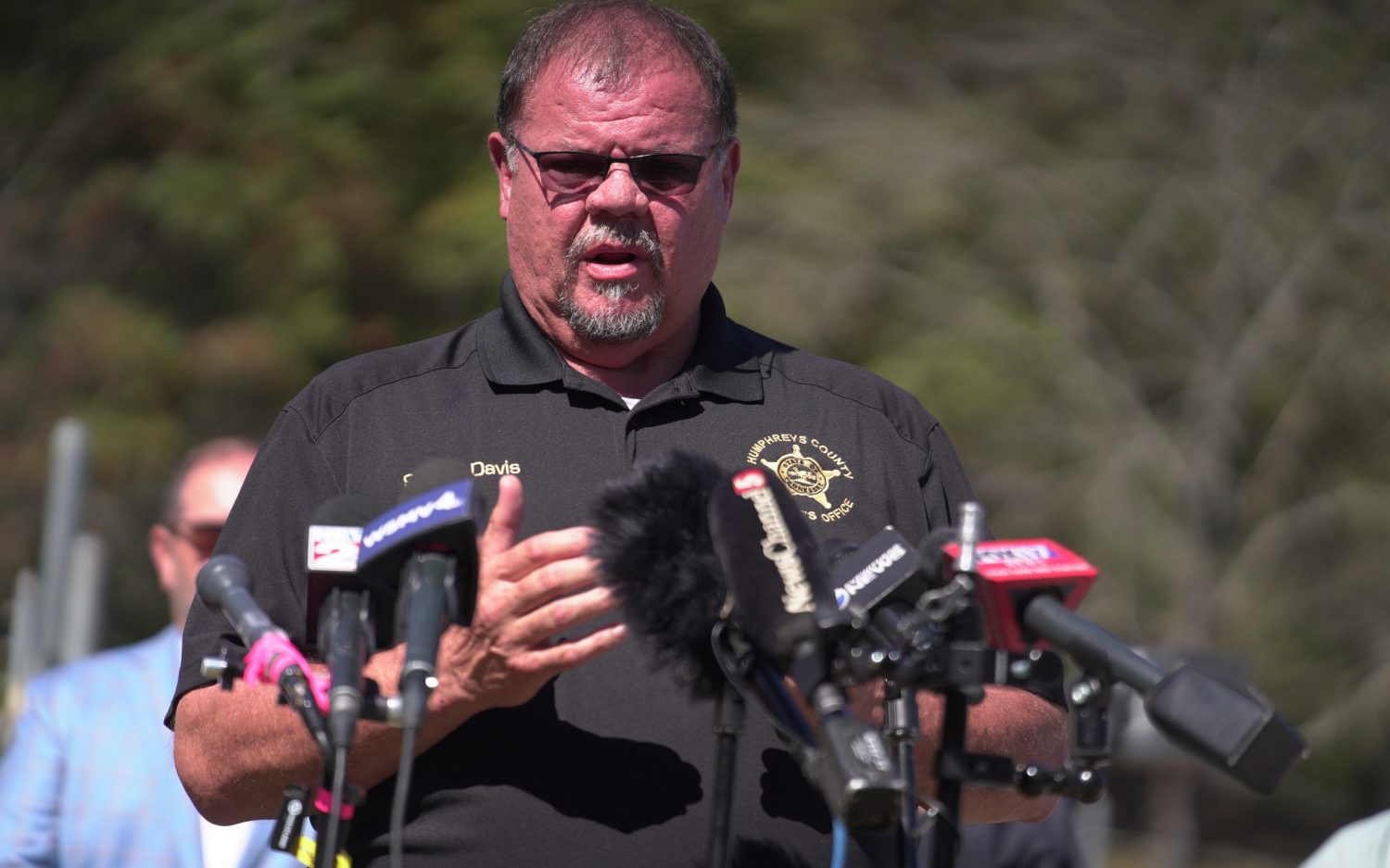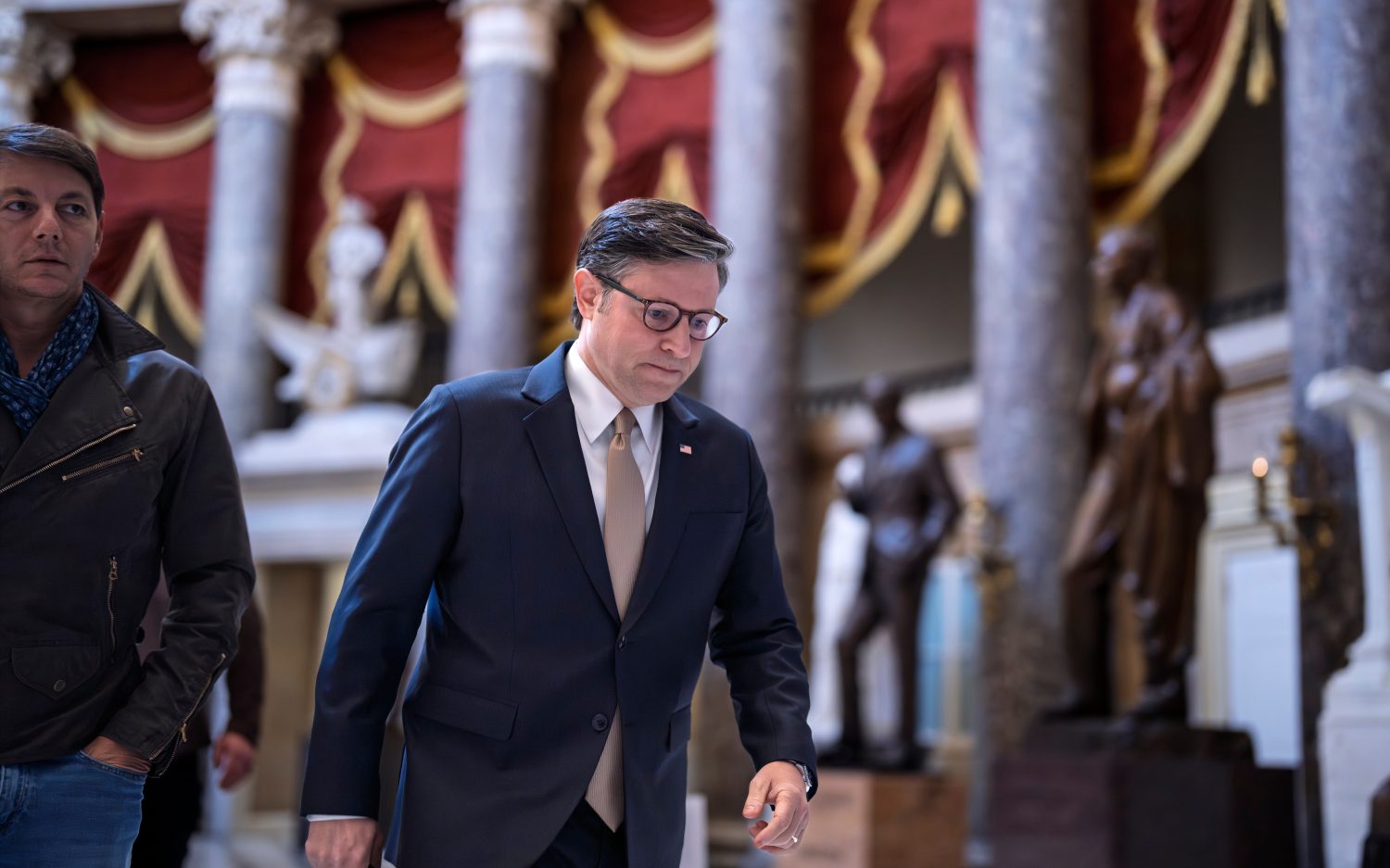Capital decision
Redskins trade down to get Ryan Kerrigan and an extra pick; biblically, it's a good move
The Washington Redskins selected Ryan Kerrigan Thursday night with their first pick, the 16th overall pick of the 2011 NFL draft. The Redskins hope that Kerrigan, a defensive end from Purdue University, will help a Washington defense that struggled throughout the 2010 season.
"It's been an awesome experience," said Kerrigan at Redskins press conference Friday afternoon. "I couldn't have asked to come to a better organization. When I got the phone call yesterday, I was extremely thrilled and I am really glad to be a part of this organization."
The Redskins traded their 10th pick for Jacksonville's 16th and 49th overall pick, reflecting head coach Mike Shanahan's strategy of moving down in the draft to acquire more picks. Shanahan had mentioned Wednesday that because of all the holes his team needs to fill, he might make moves to increase the total number of Redskin draft picks.
The Redskins defense ranked 31st in the league in 2010, and the team's 29 sacks ranked 25th. As a defensive end, Kerrigan gathered 33 sacks and 160 tackles over four years with the Purdue Boilermakers. The Redskins will likely use Kerrigan as an outside linebacker.
Friday night, the Redskins will take two more picks in the second round of the NFL Draft at No. 41 and No. 49 overall. If Washington decides to move on without Donovan McNabb after his disappointing 2010 season, the team may look to trade up to get the better quarterback prospect.
Shanahan's strategy of moving down in the draft to acquire more picks may benefit the team in the long run. In the book Scorecasting: The Hidden Influences Behind How Sports Are Played and Games Are Won, published in January, authors Tobias J. Moskowitz and L. Jon Wertheim argue that top draft picks are often overvalued.
"Selecting the consensus top player at a specific position versus the consensus fourth best player at that position increases performance, measured by the number of starts, by only 6%. And even this is understating the case, since the number one pick is afforded more chances/more starts simply because the team has invested so much money in him. Yet teams will end up paying, in terms of both players and dollars, as much as four or five times more to get that first player relative to the fourth player."
The authors point to the New York Giants' decision to trade Philip Rivers and give up their 3rd round pick of the 2004 draft and their 1st and 5th round picks of the 2005 draft to acquire Eli Manning. Manning was ranked first among quarterbacks in the 2004 draft, while Rivers was ranked second. The Giants valued Manning, because of his ranking, enough to pay such a steep price.
Historically, teams have often overvalued top draft picks by position.
"As a matter of routine, if not rule, teams paid huge prices in terms of current and future picks to move up in the draft. They also paid dearly for contracts with those players."
The authors of Scorecasting add that teams overvalue draft picks in part because they overestimate their own ability to evaluate talent. In the pressure to win, they convince themselves that they know better than everybody else.
Teams that trade down have the humility to recognize that factors other than their own wisdom determine the careers of the players they choose. The willingness to gradually collect quality players rather than sacrificing future picks to obtain a potentially game-breaking player also speaks to a long-term perspective--something to which NFL teams offer lip-service but abandon on draft day.
Shanahan's draft strategy moves against the norm, and he hopes, that if there is football this year, his decisions will lead the Redskins to a better than last place finish in their division.
"There's a lot of possibilities, we've got a couple picks and we'll see who's there with our pick," said Shanahan. "As we talked about before, we've got holes, we'd like to fill those holes, we'd like to get some quality players regardless of who that player is, just hopefully getting better with our roster."
The Associated Press contributed to this report.
An actual newsletter worth subscribing to instead of just a collection of links. —Adam
Sign up to receive The Sift email newsletter each weekday morning for the latest headlines from WORLD’s breaking news team.





Please wait while we load the latest comments...
Comments
Please register, subscribe, or log in to comment on this article.